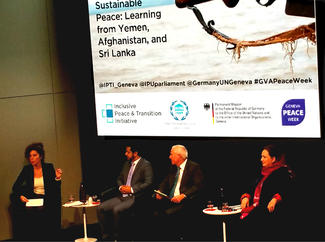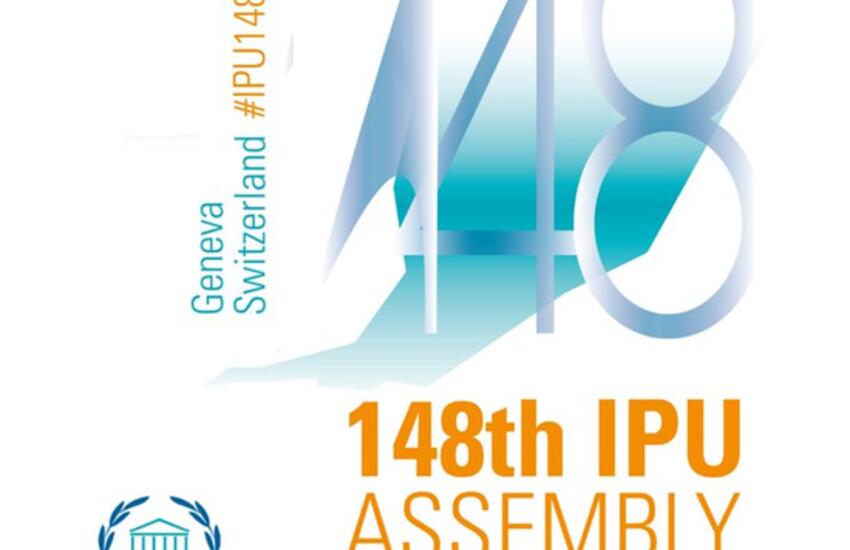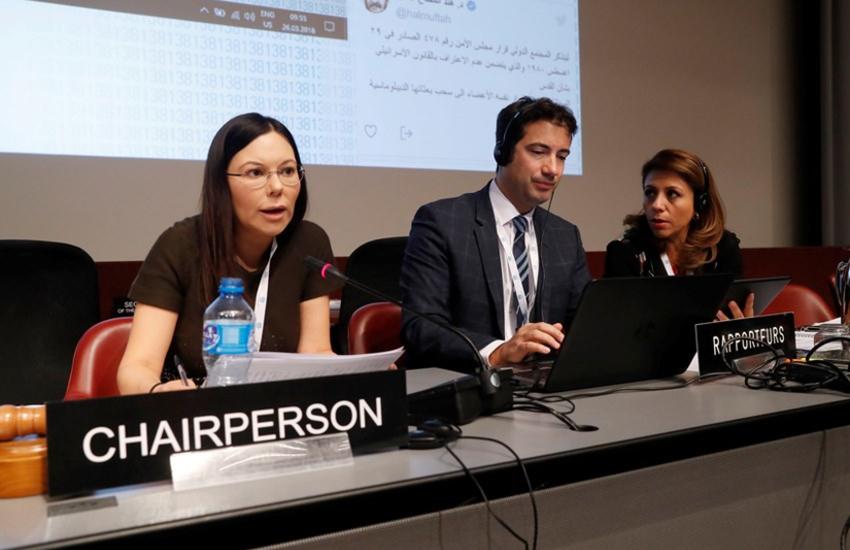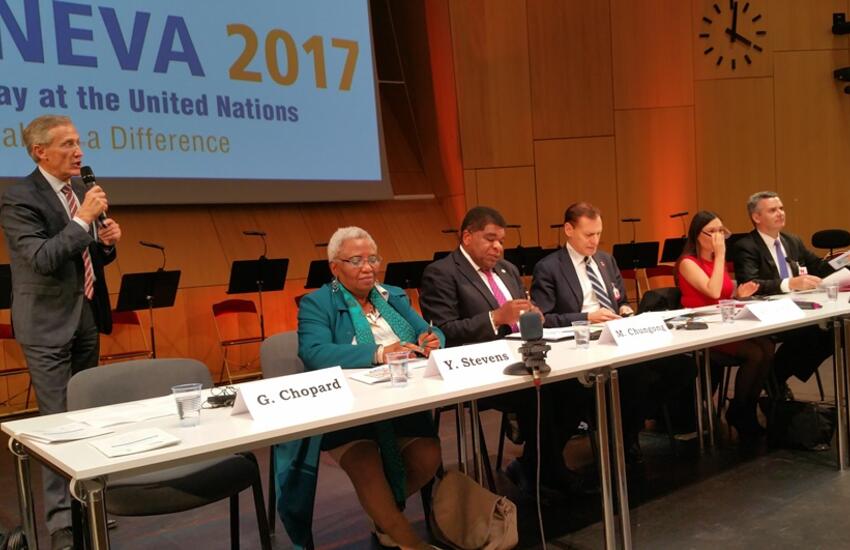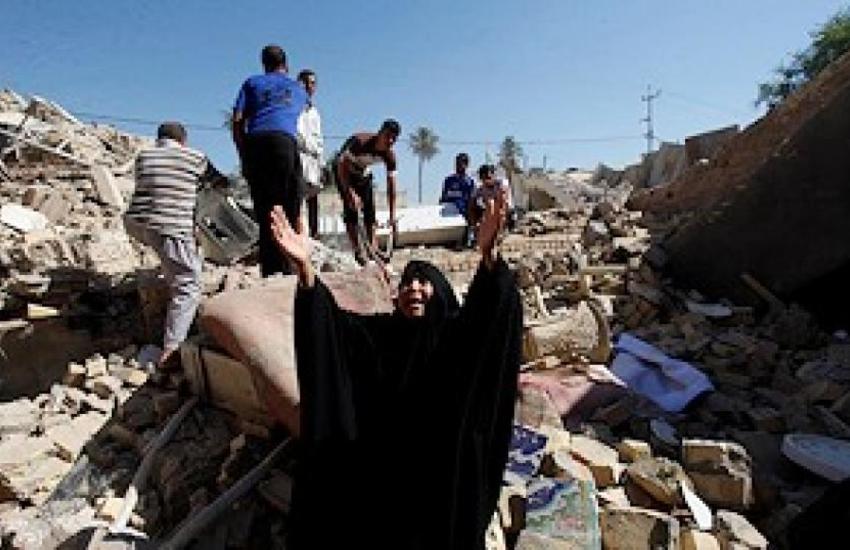How can countries ensure that peace, once established, is sustainable? And what can be done about inequality, which, if allowed to persist, can be a threat to peace?
IPU co-hosted two events during Geneva Peace Week to look into these questions, bringing a parliamentary perspective to them.
The first of these was When Peace Agreements Fail to Secure Sustainable Peace: Learning from Yemen, Afghanistan, and Sri Lanka. Participants discussed the factors due to which, in spite of negotiations and agreements, outbreaks of violence had broken out in these three countries. Ambassador Shukria Barakazai, former MP from Afghanistan, said that the conditions for a lasting peace should address these factors: stakeholders should fulfil their parts of the agenda; neighbours should be engaged and made responsible for the role they play; an economic plan should be put in place; the rule of law should be implemented fairly; and the rights of women and minorities should be taken into account. The event was co-hosted with the Inclusive Peace and Transition Initiative (IPTI) and the Mission of Germany to the United Nations.
The second event, Inequality as a Danger to Sustainable Peace – Converging Perspectives on Human Rights and Peacebuilding, brought together experts to discuss the impacts of societal inequalities on sustainable peace from human rights and peacebuilding perspectives. Sustaining peace should include political and economic structural changes to tackle the root causes of conflict and social cohesion. Participants emphasized the links between discrimination, human rights violations and inequality, and the role of the state in dealing with inequalities through laws and policies. Austrian MP Andreas Schieder said that parliamentarians can play a crucial role by transposing human rights obligations that promote equality into domestic legislation; involving all sectors of society in the decision-making processes; addressing growing gender inequalities through the empowerment of women and girls; and involving youth. MPs could set up early warning mechanisms, such as hotlines, that allow for tailor-made responses to existing inequalities. (See also Human Rights Abuses as Precursors of Conflict: Parliaments as Early Responders.) The event was co-hosted with the Quaker United Nations Office Geneva (QUNO) and Friedrich Ebert Stiftung (FES).
Geneva Peace Week is a collective action initiative. It was set up in 2014 and is facilitated by the United Nations Office at Geneva, the Graduate Institute for International and Development Studies and the Geneva Peacebuilding Platform with the support of Switzerland. The initiative focuses on the cross-cutting nature of peace. IPU has been a partner of Geneva Peace Week since 2015.





